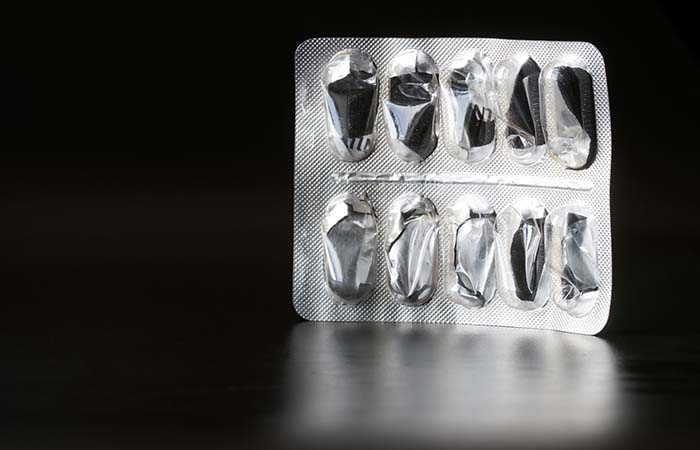‘Constantly elevated’ drug shortages becoming ‘the new normal’, report warns
In Business news
Follow this topic
Bookmark
Record learning outcomes
Medicine shortages have been “constantly elevated” over the last two years compared to pre-2022 levels, warns a new report that argues global factors, NHS spending policy and the post-Brexit supply chain landscape are all shaping the UK’s “new normal”.
The report on healthcare after Brexit from the Nuffield Trust and a number of academics, which was funded by charity the Health Foundation, shows that although price concessions in England never exceeded 50 per month before late 2017, they have climbed consistently since then and reached a peak of 199 in late 2022 “and remaining highly elevated ever since”.
“This has placed a significant burden on pharmacists and has affected the medicines available to patients,” said the report, adding that shortage-related price concessions have led to pharmacies paying £220m more in one year than they did on the same products previously.
Furthermore, “the drugs dispensed by English community pharmacists in August 2023 would have cost 8 per cent less at their 2021 prices, equivalent to £800m in extra spending” – an indication that the old prices set by the NSH are “no longer enough to import medicines into the UK or compete with other countries”.
The report warns of “underlying fragilities at a global and UK level” which are not “fundamentally rooted in Brexit” but are “exacerbated by it in some specific ways,” the authors claim, including slower UK market entry for many drugs approved by the European commission, a drop in the value of Sterling post-Brexit and some manufacturers “removing the UK from their supply chains”.
Leaving the single market has also left Britain outside of EU efforts to manage shortages like sharing medicines between member states, claim the authors, who argue that greater co-operation can be used to offset some of these issues without having to revisit the UK-EU trade agreement.
Efforts to limit public spending on medicines are also singled out as a factor hurting the UK market’s attractiveness to pharma companies, including the “anomalously high” 26.5 per cent clawback rate on branded generics through the VPAS scheme in 2023.
Responding to the report, Community Pharmacy England chief executive Janet Morrison said pharmacists and patients are already aware that medicine shortages have “become the norm”.
“Medicine shortages and market instability are at the worst that pharmacies have ever seen, making life incredibly difficult for community pharmacies and for their patients,” Ms Morrison said, adding that pharmacy teams are “spending hours trying to source medicines” and frequently dispensing them at a loss.
She urged the Government and NHS to take the report as “another wake-up call” that they must do more to protect pharmacies and their patients, and repeated CPE’s demands for a “strategic review of medicines supply” and powers enabling pharmacists to substitute alternative medicines for a prescribed medicine that is in short supply.
The Royal Pharmaceutical Society echoed this, with RPS England director James Davies commenting: “We urge the Government to amend medicines legislation to help ease shortages by allowing all community pharmacists to make minor amendments to prescriptions to adjust the strength or formulation required.
“At present, if a liquid version of a medicine is available but tablets have been prescribed and are out of stock, the pharmacist cannot provide the liquid version.”
Mr Davies called for community pharmacists to be granted the substitution powers that hospital pharmacists have had “for years”.

